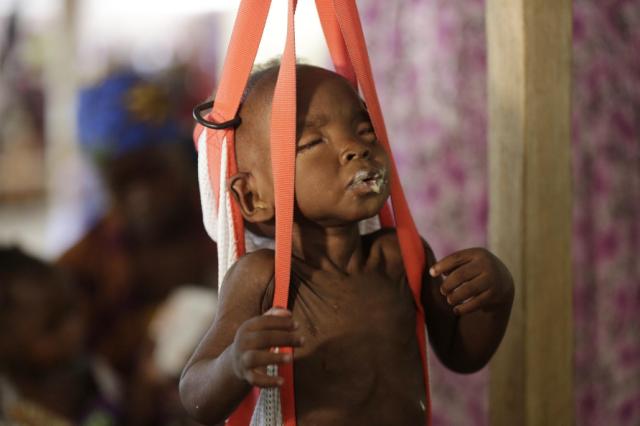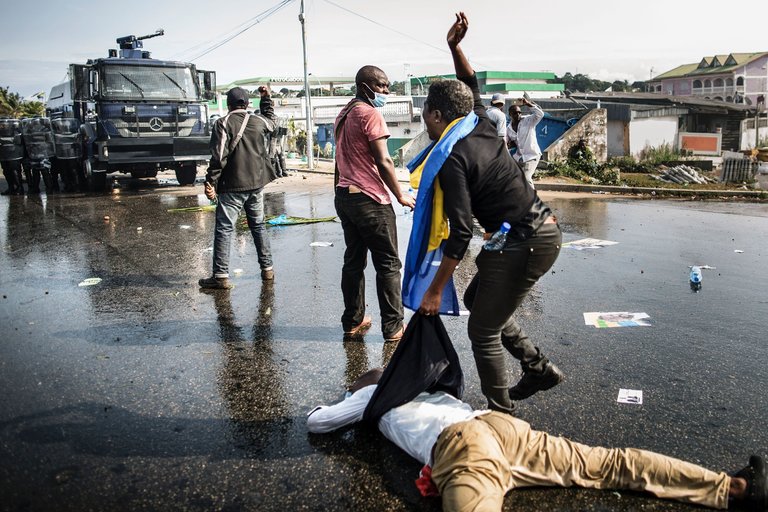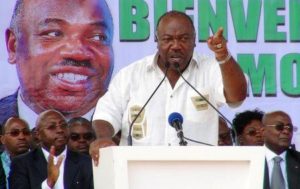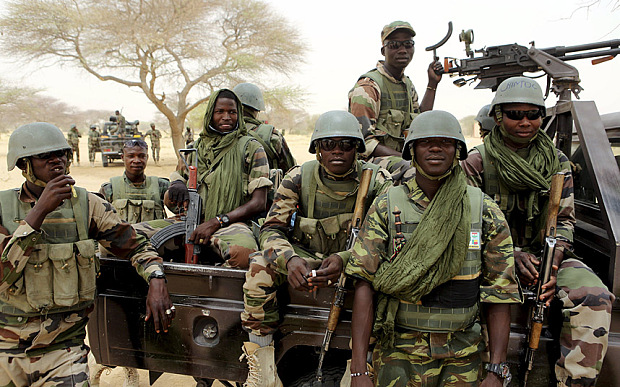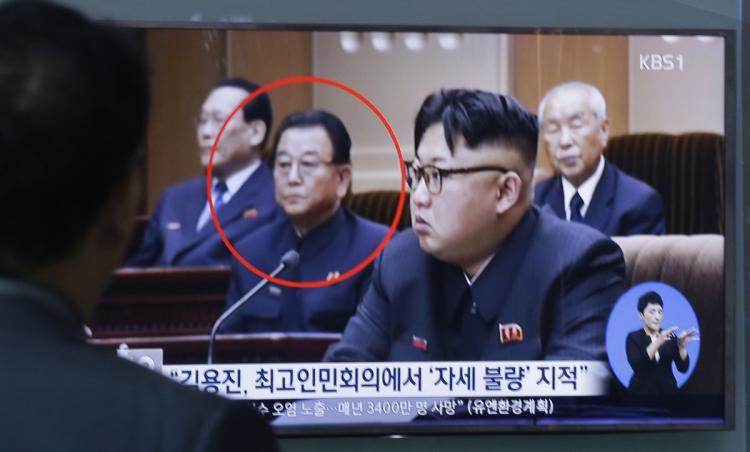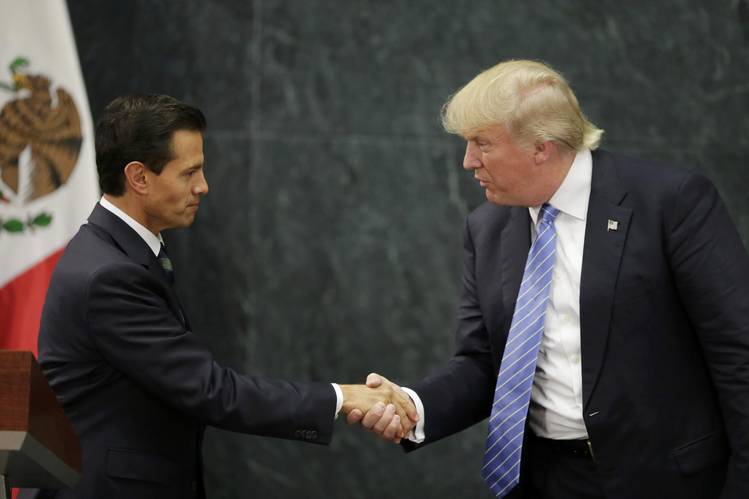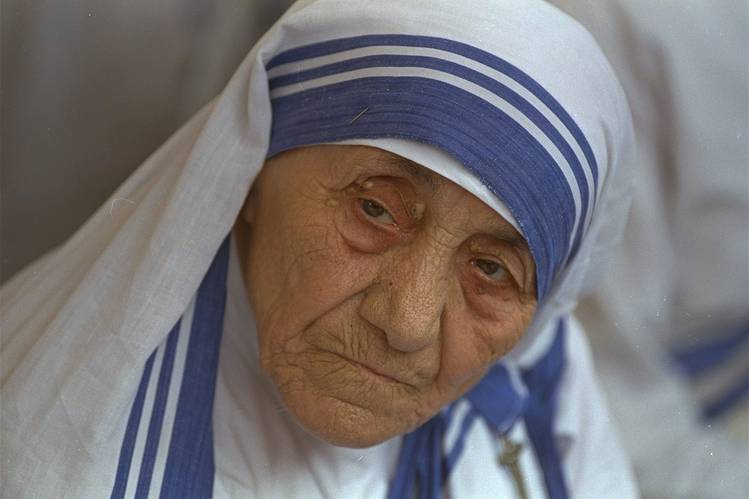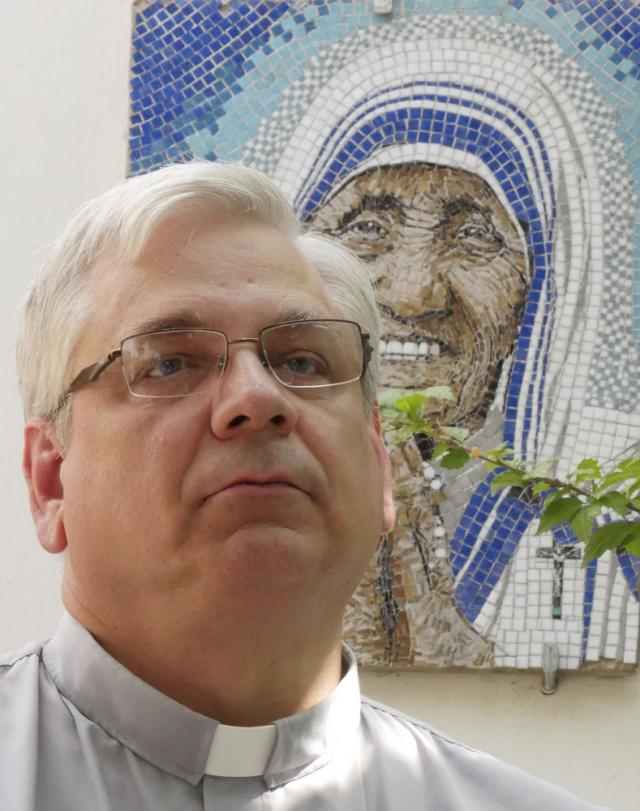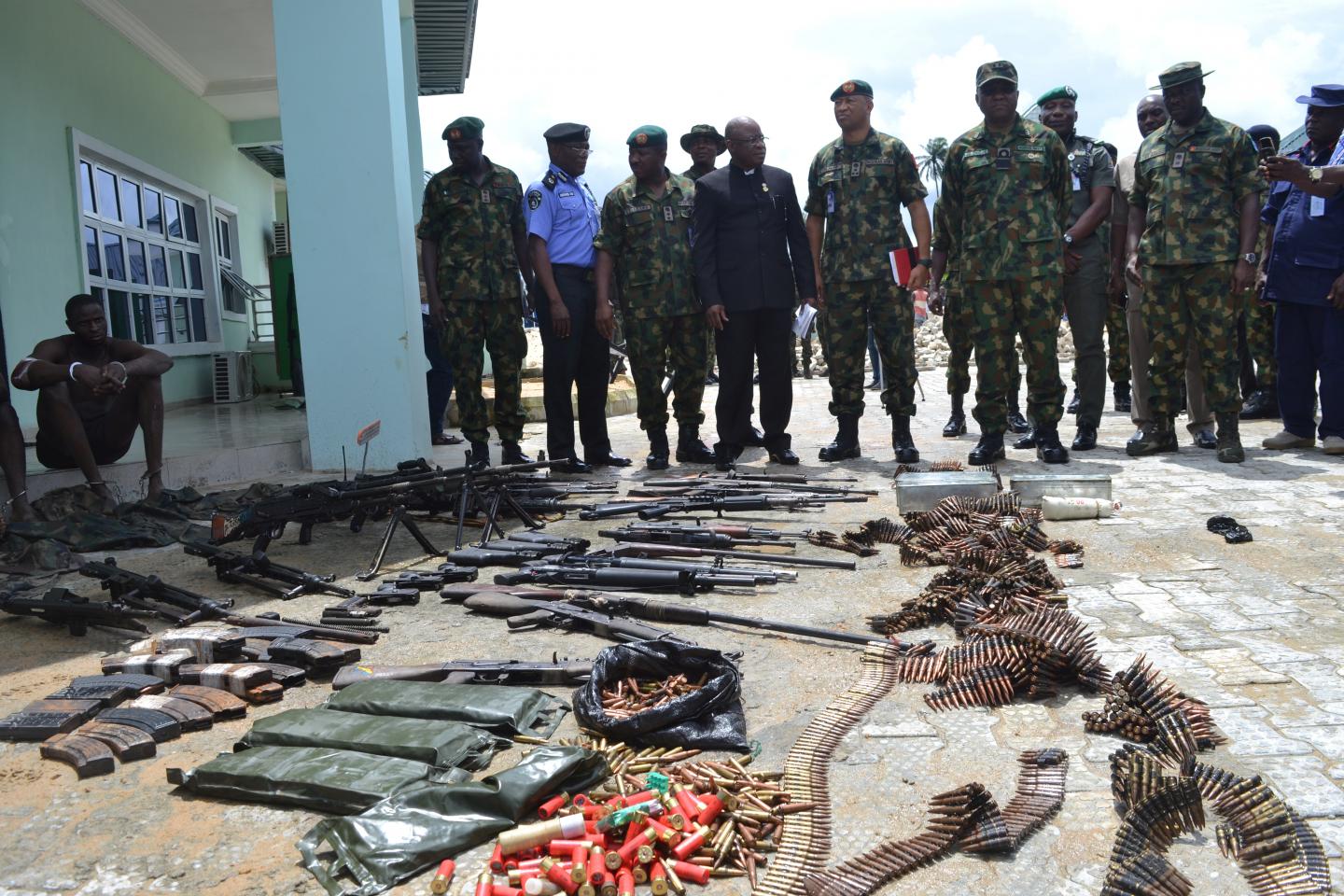WASHINGTON (AP) — The Latest on the U.S. presidential campaign (all times EDT):
4:55 p.m.
Mexican President Enrique Peña Nieto says the Mexican people have been hurt by Donald Trump’s past comments that painted them in a negative light.
Peña Nieto told reporters following a closed-door meeting that “misinterpretation or assertions” had negatively impacted perceptions of Trump’s candidacy.
He added that, the “Mexican people have been hurt by the comments that had been made.” But he said he’s sure that Trump is genuinely interested in building a relationship that will benefit both countries.
Peña Nieto spoke in Spanish throughout.
4:40 p.m.
After meeting with Mexican President Enrique Peña Nieto, Republican nominee Donald Trump says that both countries must respect the others’ right to build a border wall on their soil to stop the movement of people, illegal drugs and weapons.
Trump says he and PeñaNieto discussed his call for a border wall during their meeting, but did not talk about Trump’s insistence that Mexico pay for it. He says, “that’ll be for a later date.”
Trump says that having a secure border is a sovereign right and mutually beneficial. Mexicans have been outraged by the proposal.
4:35 p.m.
Republican Donald Trump is calling his surprise visit to Mexico City Wednesday a ‘great honor.’ And he says the nations share a common interest in keeping the hemisphere safe and prosperous.
The Republican presidential nominee said after meeting with President Enrique Peña Nieto that the pair had a substantive, direct and constructive exchange of ideas at the president’s official residence in Mexico City.
This is Trump’s first foreign visit as his party’s nominee.
4:30 p.m.
Mexican President Enrique Peña Nieto is challenging Republican presidential nominee Donald Trump’s characterization of the situation on the U.S.-Mexican border.
Peña Nieto notes that the number of immigrants crossing the border illegally is down significantly “even to the point of being negative to a net effect.” He spoke at a joint appearance Wednesday at the president’s official residence.
While Peña Nieto says the countries have shared challenges, he says that there exists “an incomplete vision of the border issues,” with weapons and cash flowing south from the U.S. and fueling violence.
He’s also stressing U.S. exports to Mexico and the number of jobs reliant on the countries’ trade relationship.
He says the Mexican people are people of “good will” who “deserve everybody’s respect.”
4:20 p.m.
Mexican President Enrique Peña Nieto says that he and Donald Trump may not agree on everything, but that their meeting underscores their countries’ shared interests.
Peña Nieto tells reporters that their meeting with the Republican nominee at the president’s official residence in Mexico City was “open and constructive.”
He says in Spanish that the next president “will find in Mexico and its government” a neighbor who “wants to work constructively to strengthen even more” the relationship between their nations.
___
2:55 p.m.
An official at the Mexico City international airport says a private plane carrying Republican candidate Donald Trump has touched down at the airport.
The official was not authorized to be quoted by name, nor did he provide the plane’s registry number, or say how Trump would reach the official residence of President Enrique Pena Nieto, where the meeting with the Mexican leader is to take place.
Pena Nieto’s office has confirmed there will be a meeting and subsequent press statement at the residence, which is across town from the airport.
Trump appeared likely to fly to the residence by helicopter, rather than cross town in any kind of motorcade.
—By E. Eduardo Castillo in Mexico City
___
1:45 p.m.
Hillary Clinton says if elected president she will make clear that the U.S. “will treat cyberattacks just like any other attack.”
Clinton says in a speech Wednesday to the American Legion convention in Cincinnati that the U.S. needs to “step up our game” and be able to defend itself against those who “go after us.”
She blamed Russia for hacking into the Democratic National Committee and perhaps “even some state election systems.”
Clinton says the United States will be ready with “serious political, economic and military responses” to any cyberattacks.
WikiLeaks released damaging emails during the Democratic National Convention that implied the DNC had favored Clinton over primary rival Bernie Sanders.
___
1:10 p.m.
Democratic vice presidential nominee Tim Kaine says Donald Trump has “put his feet in concrete” on his immigration positions, regardless of what the Republican nominee says in an immigration-focused speech Wednesday night.
Kaine is visiting a Hispanic community center in Bethlehem, Pennsylvania, hours before Trump is set to speak and about his immigration plans. Trump’s speech is being closely watched to see if he softens proposals to deport millions of people living in the United States illegally.
Kaine says Trump’s words and actions have been “frightening” to Hispanics and he doesn’t expect to hear a change in tone. And he says its “hard to say” what to expect out of Trump’s meeting Wednesday with Mexican President Enrique Peña Nieto.
___
1:05 p.m.
Hillary Clinton is blasting Donald Trump for referring to the American military as “a disaster.”
Clinton says in a sharply worded speech Wednesday to the American Legion convention that it’s “an insult to the men and women serving today and all who have served before.”
The Democratic presidential nominee is reiterating that she would send American troops into harm’s way only as a “last resort,” calling it a bedrock principal.
She also says the last thing the nation needs is a president “who brings more name-calling and temper tantrums to Washington,” a reference to her Republican opponent.
___
1 p.m.
Hillary Clinton is tweaking rival Donald Trump’s decision to travel to Mexico, saying it takes more to make up for a “year of insults and insinuations” than a quick trip to America’s southern neighbor.
Clinton says at the American Legion’s annual convention in Ohio that voters need to know that they can count on you. She says “it certainly takes more than trying to make up for a year of insults and insinuations by dropping in on our neighbors for a few hours and then flying home again.”
The Democratic presidential nominee adds, “That is not how it works.”
Trump was meeting with Mexican President Enrique Pena Nieto later Wednesday. Trump’s surprise visit was coming hours before a major address on immigration in Arizona.
___
12:55 p.m.
Hillary Clinton says the United States in “an exceptional nation” and is accusing rival Donald Trump of thinking that approach is “insulting to the rest of the world.”
Clinton is speaking to the American Legion’s annual convention in Cincinnati. She says the U.S. is an indispensable nation and has a “unique and unparalleled ability to be a force for peace and progress.”
Referencing Trump’s threats to “walk away from our alliances,” she notes that when America fails to lead, the country leaves a vacuum for the rest of the world to fill.
___
11:25 a.m.
Just days after Hillary Clinton criticized the Trump campaign for promoting groups and individuals associated with preserving “white identity,” Donald Trump Jr. has retweeted an adherent of the “alt-right” movement that Clinton singled out for criticism.
Donald Trump’s oldest son this week retweeted a post from Kevin MacDonald, a former professor at California State University Long Beach. MacDonald said last week that white people in America are becoming a victimized minority. He has been accused of anti-Semitism by critics, including the Southern Poverty Law Center.
MacDonald’s tweet had to do with Clinton’s State Department and perceived favoritism for UBS, a global financial services company that donated to the Clinton Foundation.
Trump Jr.’s retweet prompted Richard Spencer, a leader of the alt-right movement, to tweet “Wow. Just wow.”
___
9:50 a.m.
Mike Pence says that Donald Trump’s trip to Mexico demonstrates what a “decisive leader” he would be if elected president.
Trump’s running mate told Fox News Wednesday that Trump immediately responded to an invitation by Mexico’s President Enrique Peña Nieto to meet. He noted that Hillary Clinton received the same invitation but hasn’t responded yet.
Pence said that Trump and Pena Nieto are expected to discuss the logistics of Trump’s proposed border wall — something Trump insists Mexico will pay for, despite Pena Nieto’s condemnation of the plan.
___
9:35 a.m.
At least two demonstrations are planned in Mexico City as Mexicans express anger about the visit of Donald Trump.
Former first lady Margarita Zavala wrote in a tweet aimed at Trump: “Even though you may have been invited, we want you to know you’re not welcome. We Mexicans have dignity, and we reject your hate speech.” She’s considered a potential presidential candidate for 2018.
Pena Nieto’s office hasn’t said where or when the meeting would be held, possibly in a bid to avoid protests outside the meeting site.
Leading historian Enrique Krauze also addressed Trump in a tweek, saying “We Mexicans expect nothing less than an apology for calling us “criminals and rapists”.
Krauze told the Televisa TV network that, “Tyrants are to be confronted, not pacified.”
___
8:30 a.m.
Mexico has awakened to the news that President Enrique Pena Nieto is going to meet with Republican candidate Donald Trump Wednesday, and many Mexicans don’t like it.
Some analysts said the Republican nominee had left Pena Nieto flat-footed by accepting an invitation the Mexican president had made simply for appearances’ sake. Trump is widely loathed in Mexico for calling migrants from the country “rapists” among other insults.
Mexico City-based security analyst Alejandro Hope suggested that Pena Nieto “wanted to invite Hillary (Clinton), but that meant inviting both of them, and nobody thought Trump would accept first.”
He added: “What’s in it for Mexico? ”
The newspaper El Universal wrote in an editorial that Trump “caught Mexican diplomats off guard” by accepting the invitation.
___
3:10 a.m.
Donald Trump will be taking his first foreign trip as the Republican presidential nominee on Wednesday, making a quick visit to Mexico, a nation he derided as the home of rapists and criminals as he launched his campaign.
The meeting with President Enrique Pena Nieto, who earlier this year compared the billionaire candidate to Hitler, comes hours before Trump is set to deliver a highly-anticipated immigration speech. It’s a defining issue for Trump, but one on which he has appeared to waiver.
After saying during his primary campaign he would expel all of the estimated 11 million people living in the country illegally with a “deportation force,” Trump has suggested recently he might be open to “softening” his stance as he tries to win over more moderate general election voters.
